Entrepreneurs launching new businesses in north Lancashire and south Cumbria this year have chance to secure a grant worth £894 for a year’s free membership of a worldwide networking organisation.
Business Networking International (BNI) has active groups all over the country, including the LA5 group, covering north Lancashire and south Cumbria.
Lancaster-based financial planner Peter Walmsley, a founder member of the LA5 group, said: “The pandemic has made 2020 incredibly tough for businesses, so BNI has introduced this grant scheme to help give a boost to a new start-up.
“We are seeing many people losing their jobs or finding their existing business is no longer viable, which is why we want to help people launching a new venture this year to get access to the support that BNI offers.
“We want to hear from anyone interested in applying for the grant so they can come along to one of our weekly online meetings and find out what we’re all about.”
BNI offers a structured approach to networking that encourages and trains members to work together to generate opportunities for each other’s businesses.
Local groups provide a valuable source of income for businesses as well as offering the chance to benefit from the collective knowledge, experience and support of other members.
Peter said: “Starting out in business can be daunting, but if you’re a member of BNI you don’t have to face the challenges alone. We’d love to help someone to get their business off the ground this year.”
Owners or employees of businesses launched in 2020 are eligible to apply. The business must be the applicant’s main work activity. One free membership is available for each BNI group, and grants will be awarded following an application process.Deadline for applications is December 8, 2020.
LA5 meets via Zoom from 9.30am to 11.30am every Tuesday.
To find out more and arrange a visit to the LA5 group, email BNILA5@outlook.com










